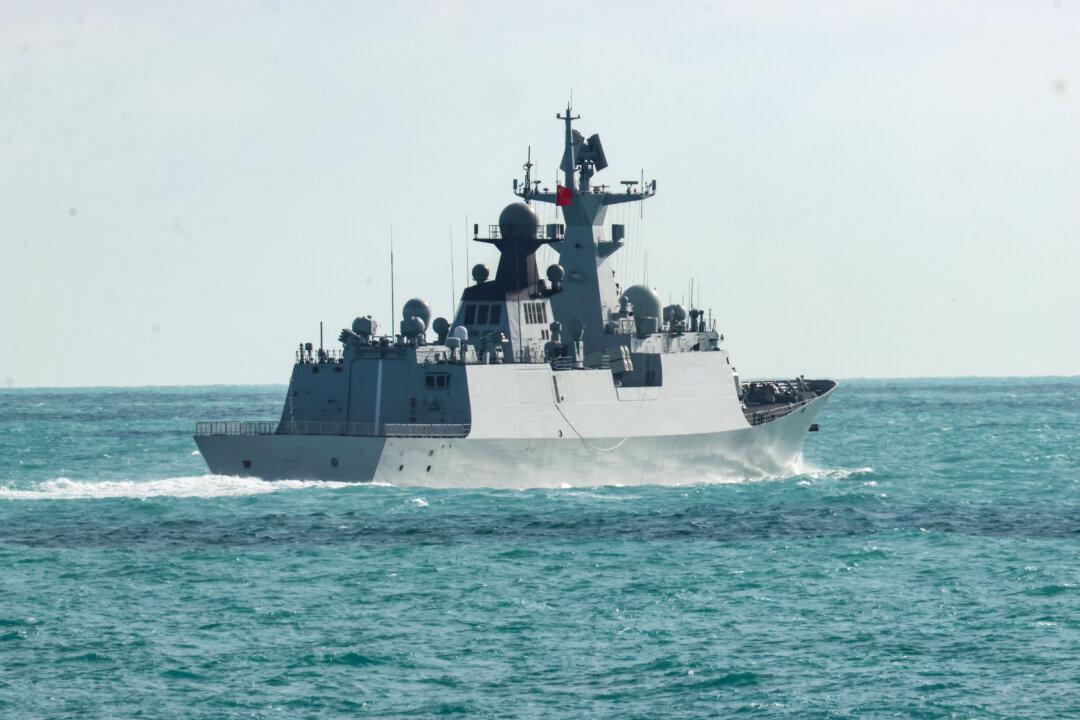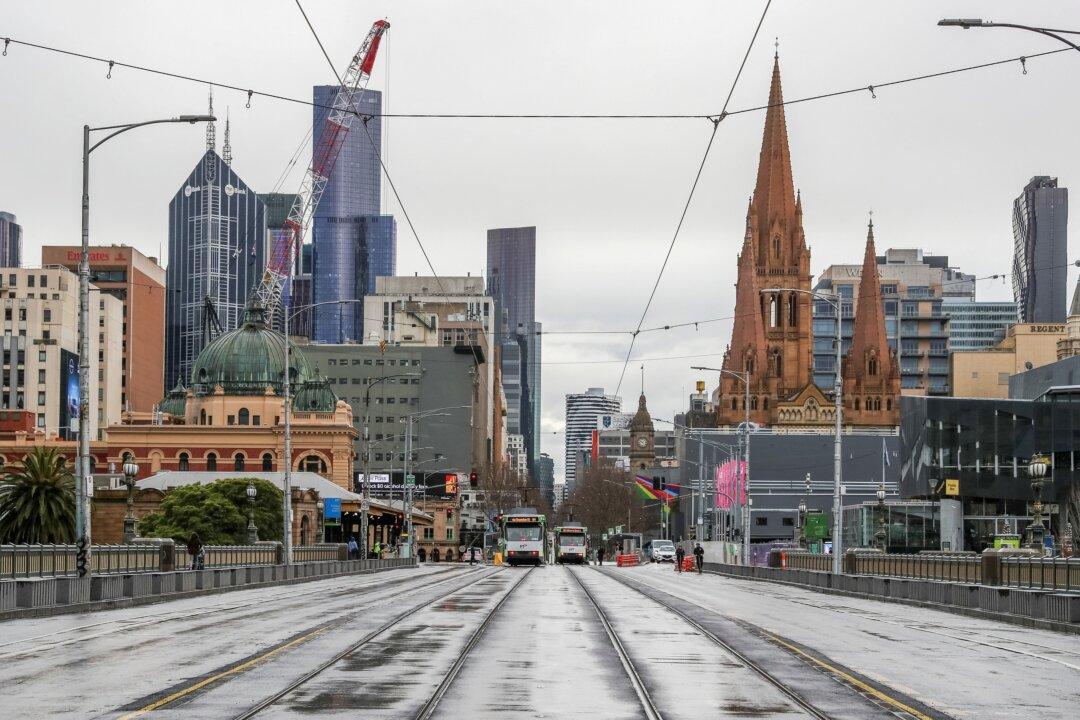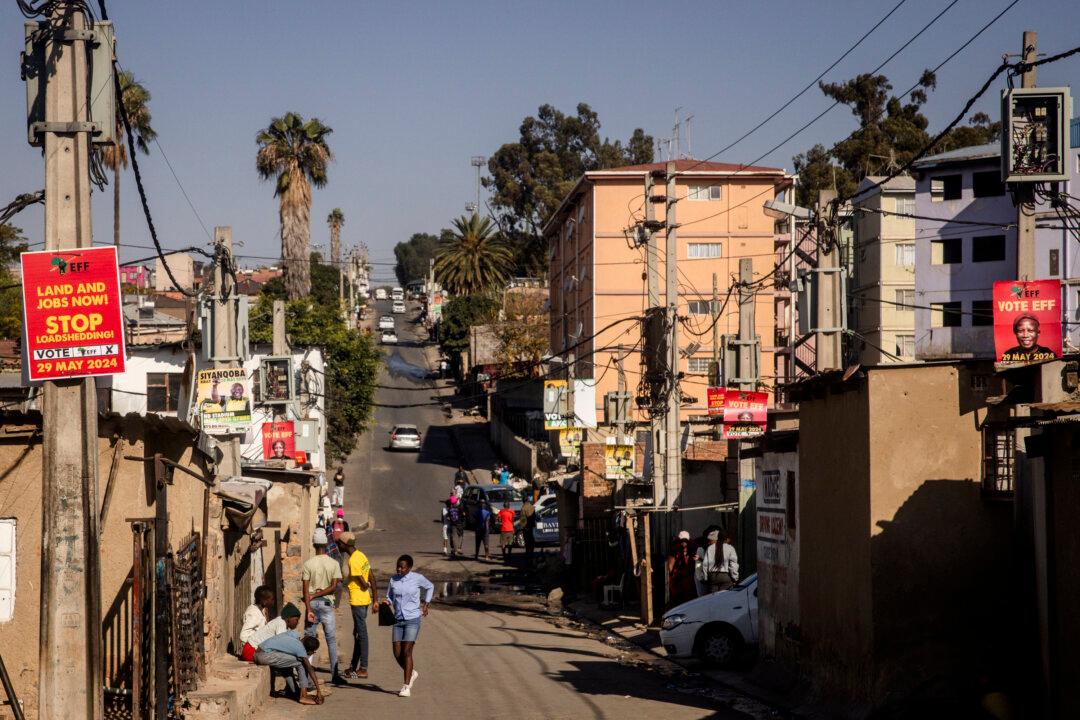Australia will join 31 members of the International Energy Agency (IEA) to release 60 million barrels of oil from emergency reserves to stabilise global energy markets.
Angus Taylor, the minister for industry and energy, said the global oil market was “showing signs of uncertainty” amidst the ongoing Russian invasion of Ukraine.
“We are continuing to work constructively with our partners to build confidence in the market and help stabilise prices,” he said in a statement.
“Australia will contribute to the collective action and release stocks held on our behalf in the US Strategic Petroleum Reserve,” he added.
“This significant action—one of four ever taken by the IEA—will increase supplies to the market, helping to put downward pressure on prices both globally and here at home.”
Previous collective actions were taken in 1991, 2005, and 2011.
Currently, the IEA holds 1.5 billion barrels, and the release of the stock is expected to increase supply and lower petrol prices.
The minister also said international gas markets were also impacted.
“Australia can be relied upon to continue to meet our contractual obligations and contribute important liquidity to the global gas markets,” he said.
The move comes following an emergency meeting held on March 1 in response to the Russian invasion of Ukraine.
The military attack has spotlighted European, and global dependencies, on Russian energy sources and how it can potentially be leveraged if disputes arise, given Russia’s powerful position as a major supplier of world energy.
Russia is the world’s third-largest oil producer and exporter—sending 5 million barrels of crude oil per day, roughly 12 percent of global trade. It also exports 2.85 million barrels of petroleum products per day, representing around 15 percent of international trade.
Additionally, around 60 percent of Russia’s oil exports go to Europe and another 20 percent to China.





